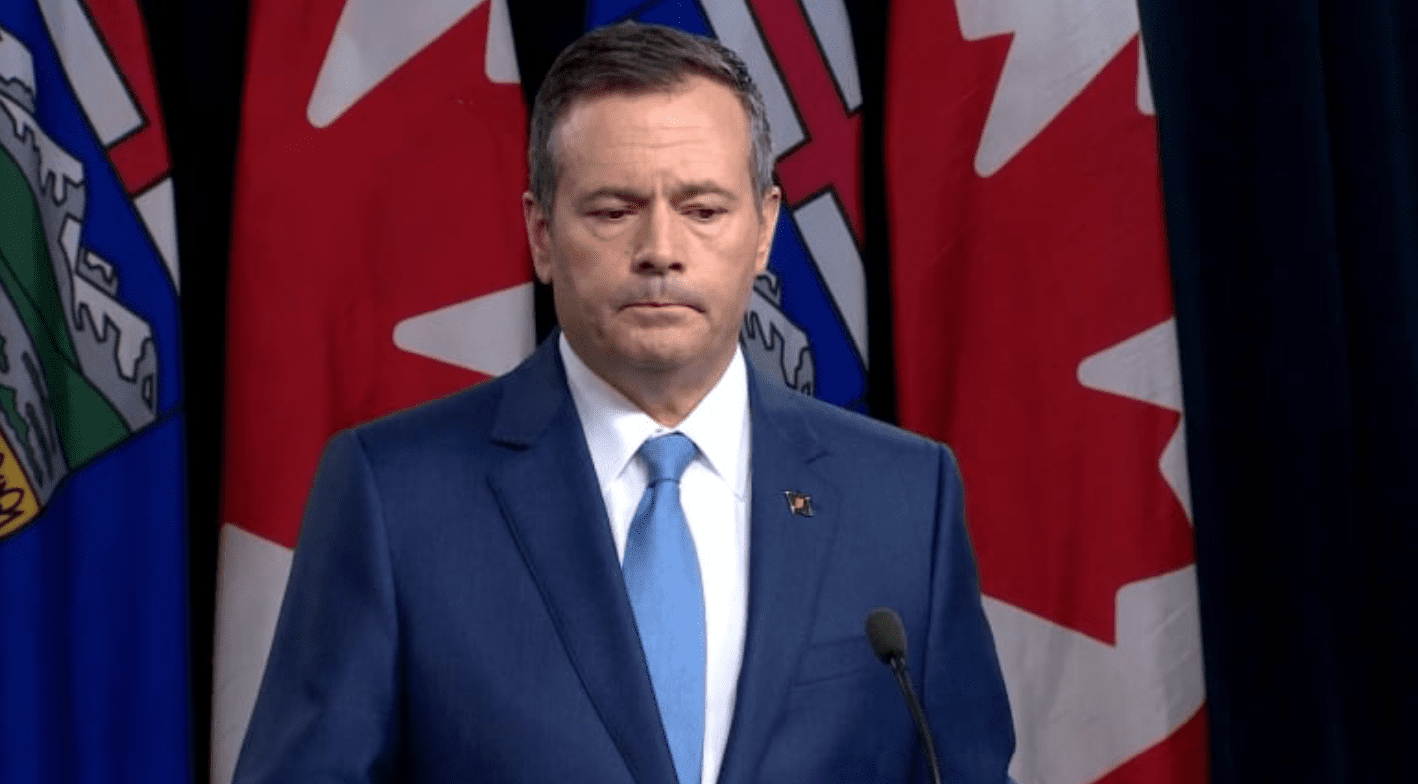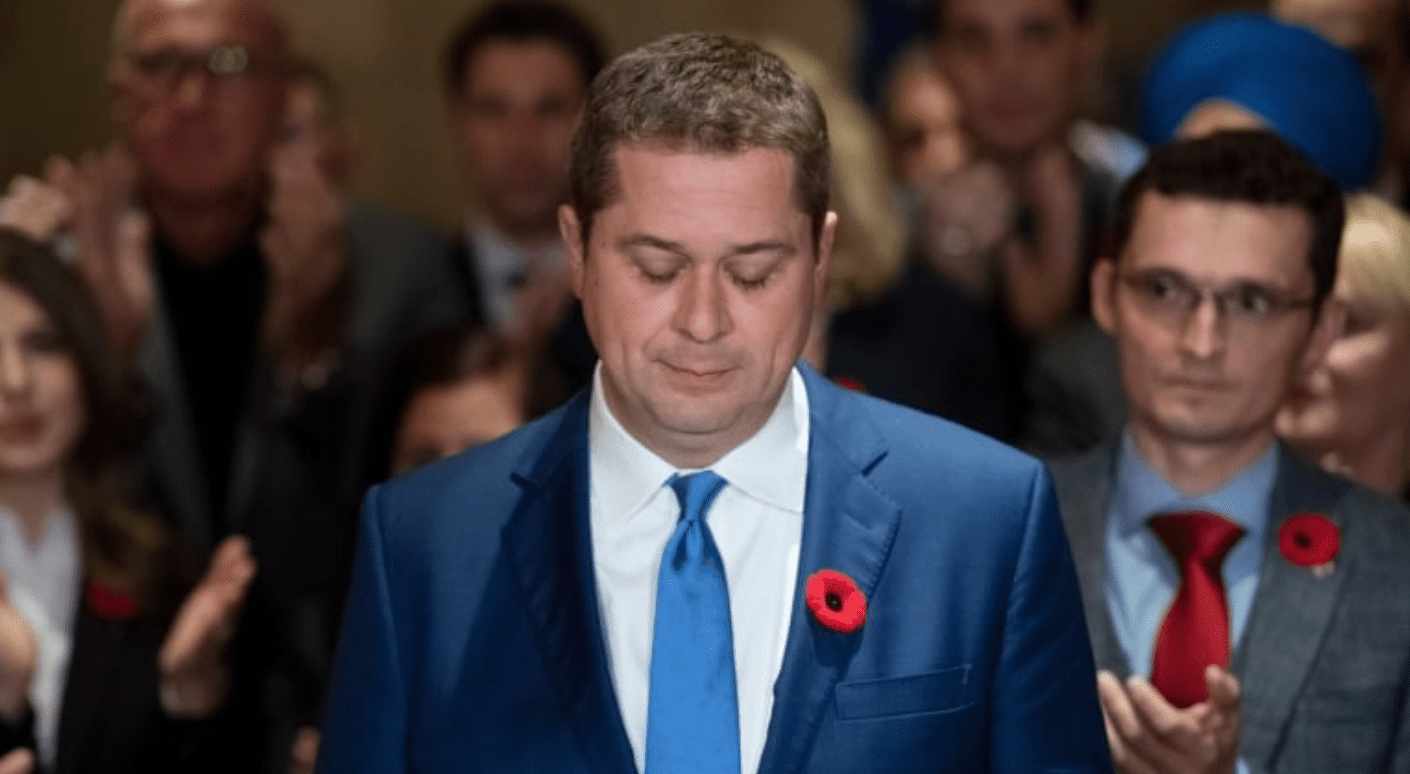Jason Kenney is in an enviable position.
Unlike many of his political peers across the country, Kenney secured his majority government with significant margins, leaving in the dust any and all of his electoral opponents.
Upon closing of the provincial polls on April 16, 2019, Albertans rewarded Kenney's United Conservative Party with a whopping 54.9 percent of the vote, winning 63 out of a possible 87 seats.
His second place rivals, the incumbent New Democrats, won a respectable, though far from sufficient, 32.7 percent of the vote, holding onto the remaining 24 seats in the legislature.
With more than a 20 point lead over his nearest rival, Kenney has plenty of political capital at his disposal.
Yet, for such an astute politician, it has been mystifying to observe how he has quickly squandered an abundance of this capital in less than a years' time as premier.
Take for instance, the introduction of his government's first budget this past October.
To no one's surprise, the budget was one of spending restraint.
Rightly or not, Kenney's promise to reign in government spending was one in which a majority of the Albertan electorate chose by a weighty percent.
Many UCP voters from the last election will no doubt applaud the premier for his restraint.
Still, some others might come to miss the services and employment opportunities that come from such spending.
Most troubling though, is the fact that Kenney has utilized his budget to reduce spending for many of the most financially vulnerable in society.
Among those hit hardest from the budgetary cut backs are post-secondary students, as well as AISH recipients (Assured Income for the Severely Handicapped).
In doing so, Kenney has generated the perception, deservedly, that he is nothing more than a mean-spirited bully.
That's a perception Kenney would do best to avoid, particularly as he already has fuelled such an image after campaigning, and subsequently removing, some of the privacy provisions granted for LGBTQ students within Gay-Straight Alliances.
Picking a fight with Justin Trudeau and Rachel Notley might play well with a majority of Albertans.
But targeting LGBTQ kids, and now university students and AISH recipients?
I suspect far fewer Albertans will find anything admirable about such behaviour.
Of course, Kenney's frivolous waste of political capital hasn't stopped there.
Back in June, Kenney and his UCP colleagues, with complete, utter smugness, wore earplugs during the middle of a legislative debate. Rightfully, the NDP opposition decried the UCP's lack of respect for democratic decorum. Only the most stalwart of partisans could have ever approved of such a stunning lack of reverence for Alberta's legislature and its functions.
But Jason Kenney has proven he has arrogance on par with Justin Trudeau. You'd really think the two would get along so much better than they do.
Most recently, however, Kenney has outdone himself.
On October 21, the UCP government passed into law Bill 22, the Reform of Agencies, Boards and Commissions and Government Enterprises Act. The new legislation effectively terminated Lorne Gibson, the up until recent Election Commissioner, who had been investigating the UCP leadership campaign over allegations of illegal donations. Prior to his termination, Gibson had issued fines against countless UCP members, with further investigation into Kenney and his party yet to be concluded.
Yet with Gibson's removal though, these investigations will be at the least delayed, or at worst, castrated of any effective doggedness.
Regardless, it is evident that Kenney and his government will bear the burden of this scandal, even if it is only for its heavy-handed tactics in shutting down the Ethics Commissioner's necessary inquiry.
As a result, Kenney has lost the moral high ground in a way that Rachel Notley never did.
Of course, Kenney and his colleagues have tried to defend the controversial decision through typical political spin, claiming that Gordon's termination is justified out of respect for fiscal restraint.
This half-assed excuse just doesn't hold up though, especially as the accrued savings from the removal of Gibson's office is a paltry $200,000 a year.
But I guess for Kenney and his UCP colleagues, the safeguarding of democracy isn't worth the price.
Needless to say, when Kenney preaches on about fiscal restraint, a healthy dose of skepticism is definitely warranted.
With the election of the UCP, many Albertan's no doubt believed they had gone back to the days when the province was governed as a virtual one-party state. It took 44 years of uninterrupted governance by the Progressive Conservatives before voters finally found themselves worn thin. At the rate Jason Kenney is squandering his political capital, voters certainly won't have to wait nearly as long for a change in government.
Photo Credit: Edmonton Journal








